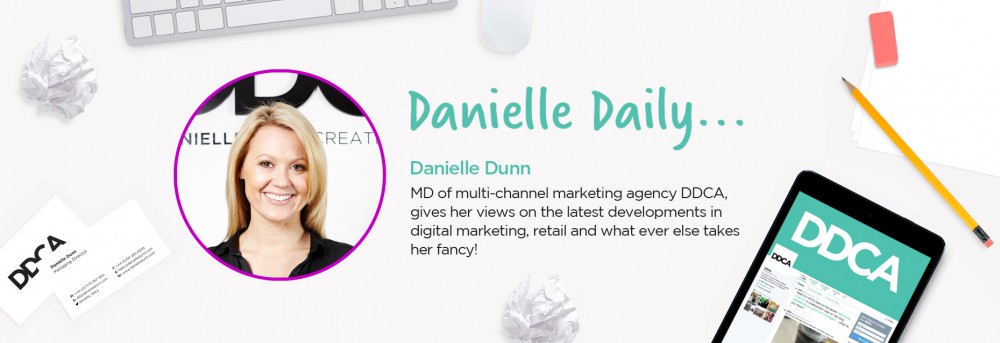I am certainly not one to revel in the death of another, but I cannot help but smirk at the recent Twitter faux pas of #nowthatchersdead. Statements had to be released to reassure worried fans that the 66-year-old pop diva was indeed still alive after the trending topic remained unclear to many.
Not surprisingly, this isn’t the first time that the humble hash tag has gone awry: one of my favourite Twitter bungles was that of Waitrose whom opted for #WaitroseReasons.
Just last year the supermarket opened themselves up to ridicule as they invited customers to Tweet their own reasons for shopping at the upmarket supermarket. #WaitroseReasons drew in responses such as “I shop at Waitrose because I think food must automatically be better if it costs three times as much”, and “I shop at Waitrose because it makes me feel important and I absolutely detest being surrounded by poor people”.
In 2012, hash tag blunders reached whole new levels as #Aurora began trending globally following fatal shootings at a US screening of Batman’s ‘the Dark Knight Rises’. Fashion retailer @celebboutique fatally misinterpreted this (or played ignorant) and tweeted to their 62,000 followers: “#Aurora is trending, clearly about our Kim K inspired #Aurora dress”. Naturally, this caused outrage online and the UK based outlet was forced to apologise: “we didn’t check what the trend was about hence the confusion”.
Clarity is important when publishing 140 characters for the whole world to see. #nowthatchersdead is not a trend that I particularly enjoy, however to avoid the confusion I would have simply recommended using camel case – what could be misinterpreted as #NowThatChersDead becomes #NowThatchersDead as was intended.
Tweet me @DanielleDunn_CA if you’ve ever made a Twitter gaffe of your own!


